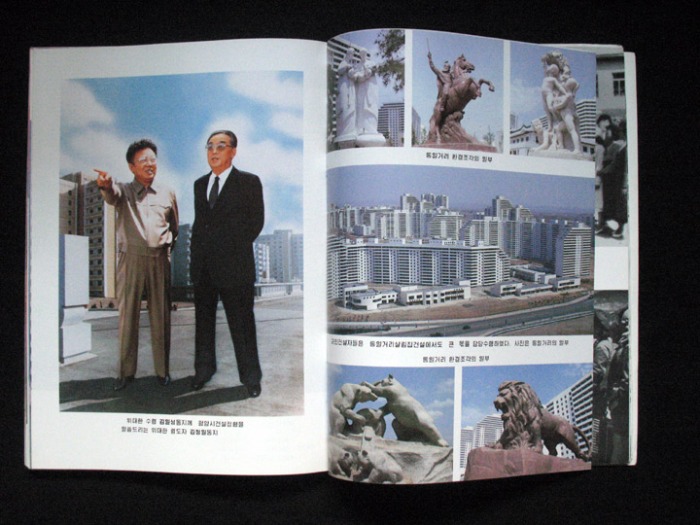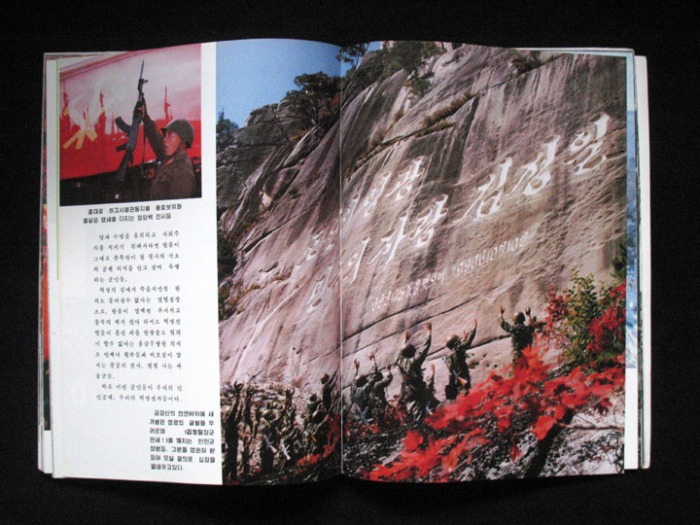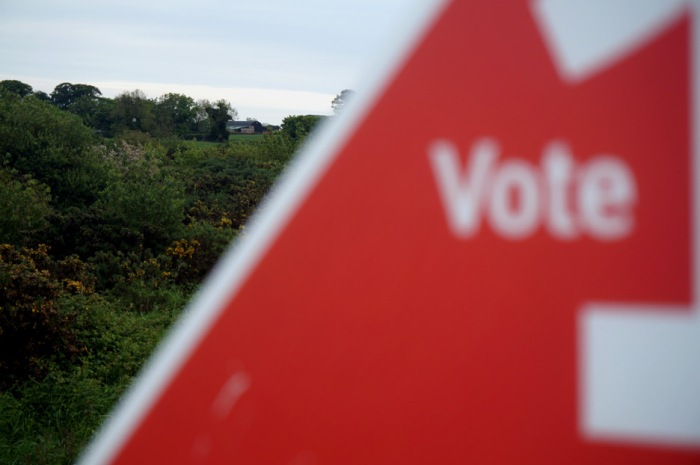
I read this article in the New York Times by Tony Blair avidly.
Let me state clearly my views about Blair: in my personal estimation he has the blood of thousands of innocent people on his hands. Along with George W Bush he cynically exploited public shock in the aftermath of a terrorist atrocity to pursue a fantasy of perpetual Anglo-American global dominance through trying to assume control over a region that contains most of the world’s oil supplies. In this he was aided and abetted by numerous corporate bodies and other powerful interests who all stood to reap untold rewards from this empire building project.
It failed. The carnage was immense. Vast numbers of people were killed. Millions of people were left with ruined lives, scarred forever thanks to what he set in motion. They will have to live with the horror of what happened to them for the rest of their lives. It is utterly appalling. I loathe everything he is and what he stands for.
What he helped orchestrate is unforgivable.
Tony Blair is a war criminal.
Tony Blair is a monster.
This was the view I held until last Thursday, prior to the results of the Brexit referendum.
Now, I agree with Tony Blair wholeheartedly.
He is absolutely right. I fully support his views. I need to do whatever I can to back Tony Blair and others like him.
There is no other choice.
I can hear you all shouting at me. I am over-reacting during a period of political turmoil and uncertainty. I have succumbed to the collective panic. I am being sensational. I am just courting controversy. I am trying to write an article that will go viral and raise my profile. I am playing some sort of angle for personal advantage. I am utterly cynical. I have lost my moral compass. I have no principles. I am a fool.
I fully accept that many people reading this will think those things of me. I am ok with that.
The internet is full of voices pandering to our emotions and cynically exploiting sensation for personal gain. We have become accustomed to it. Everything in the online world is taken with a pinch of salt – it’s all just marketing and branding really. Otherwise it’s just exaggerated scare-mongering put together by attention seekers. Why should this article be any different?
Give me the chance to try and explain how I arrived at this position. This is going to be a long post and the internet does not encourage you to read a 6,000 word article. But please stick with it. Give it a go. It will only take a few minutes. That’s hardly a great sacrifice is it? You’re obviously interested in the topic or you wouldn’t be reading this. Perhaps there might be something useful in here even if you disagree wholeheartedly with my position.
If, after reading this, you still think me a fool then at least you will have been entertained by the knowledge that I have spent a lot of time and effort demonstrating that fact to you.
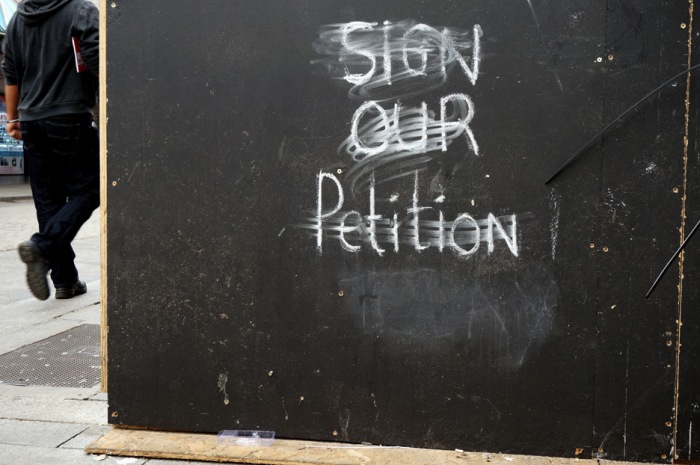
Firstly let’s step back. Brexit – Britain voted to leave the European Union in a referendum last week.
Big deal. I mean it’s not as if they declared war. They are just going to take down that blue European flag. It’s yards, miles, inches and pints all the way from now on! There will be no more messy red tape and pointless bureaucracy from Brussels which is a great thing for the real economy. More money can be spent on hospitals and the other things that will make life in the UK fairer and better for everybody, particularly those who got a raw deal. Ok, so you’ll need to show your passport going in or out between the UK and Europe – a slight inconvenience. The same with trade. But all those other countries aren’t going to suddenly stop buying and selling things. They need the UK as much as the Britain needs them. They’re not going to shoot themselves in the foot just because Britain left the European Union.
Sure, the financial markets are messed up at the moment so that’s not good. The pound is low which is a bit of a worry for some and an opportunity for others. Some jobs will probably be lost so that’s also a bit of a worry. But other people tell us that new jobs will be created to replace them down the line. It’s nice to see all the politicians squirming around bickering among themselves. Serves all those Oxbridge cretins right. And it’s great to see the all big banks that caused the crash in 2008 freaking out like this. All those arrogant, overpaid London tossers living in their million-quid apartments who thought they were better than everybody else have been well and truly screwed over.
It feels good.
This is payback for all the years of austerity, all the cutbacks and all the injustices that have been visited on all the people who have suffered since 2008. Let’s see how the rich like it now!
But sooner or later things will come back to normal. It might be a bit messy for a few years but then it will settle down and things will go back to being the way they always were. I mean, really what’s the big deal about all this stuff? The UK has just taken back control of its future from a bunch of grey bureaucrats and meddling foreigners. Maybe it might even make society a better and fairer place in the long run?
You’re wrong.
So very wrong.
So very, very wrong.
We are in the very early stages of what could quickly turn into a massive global crisis. The ramifications of this has the potential to dwarf anything that has happened since the Second World War.
Your initial reaction will be that this is a big claim to make. This is just more sensationalist rubbish and scare mongering.
Let me try to explain my reasoning.
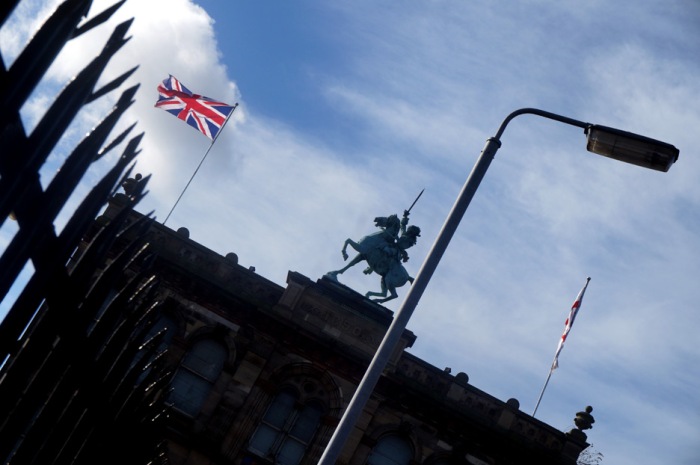
At the time of writing, the UK is leaderless. The Tories are fighting amongst themselves about who gets to be Prime Minister while Labour is imploding. UKIP are jubilant. The Scots are jumping up and down about a new referendum. Northern Ireland is frightened.
Half the British voting population are delighted to be free from the EU. They are overjoyed. People power has triumphed. This is real democracy in action not all that tedious Punch and Judy show rubbish you see in Westminster. England is great once more. Now money can be spent on practical things that really people need.
The other half of the population know that something big and potentially terrible has just happened. They are in still in shock, disturbed by the collective hysteria they see around them. But they haven’t really figured out exactly what has happened. The world has shifted under their feet somehow.
There are a number of various coping mechanisms that usually to arise in such situations.
After the initial shock fades, the dominant response will be to ruminate on the personal impact of Brexit. How does this new reality affect me? What about my job? My pension? My mortgage? My career? The future of my kids? These are all perfectly understandable and predictable responses.
Others will shrug their shoulders and switch off completely. This is just far too big and too complicated to bother with. They are going to crack some jokes and try to get on with things as normal and hope that all this crazy stuff will sort itself out soon without causing too much upset to their own personal arrangements. There are holidays and summer trips away coming up. Retreat into escapism will be the tactic of many as Brexit news-fatigue quickly sets in and the volume of information threatens to overwhelm their capacity to process it all.
On the flip side, others will become utterly obsessed about it and spend hours poring over every scrap of information they can find. They will get lost in a maze of details and confused by the sheer volume of frenzied voices screaming at them telling them contradictory things. They are desperately struggling to understand what has happened. They want an explanation and they can’t seem to put their finger on it. This is very frustrating and the longer this frustration goes on, the more appealing the loudest voices become. At least they are providing an explanation of some sort. Perhaps it might be worth considering?
Others will produce elaborate conspiracy theories that explain what is happening. They will develop complex arguments that weave together nuggets of information into something that appears to be a convincing theory. The basic premise underlying all these theories is that shadowy figures or organisations stood to gain from this chaos and have somehow deftly masterminded and manipulated everything and everybody in order to perpetrate a staggering power-grab. The fact that many powerful individuals and organisations will undoubtedly benefit from the crisis in the short-term only adds a layer of proof to their claims. Similarly, evidence of opportunism on the part of powerful groups and political figures as they stake claim to the new reality will be used to prove the theory that they must have been instrumental in the plot to create it. At the heart of all such theories is the idea that somebody or something is in control. There has to be a logical explanation for the situation we all find ourselves in now.
Many business leaders will lament the closing of borders and the possible impact on trade. They will fear the loss of their livelihood and the businesses they have built up over many years. They will be in shock and grieve for their losses or devote all their energies to saving what they can.
For many other people, they will see only opportunities. Freed from the shackles of the EU, they will preach new and exciting ways to make money – every crisis presents us with new challenges but innovation can overcome them. Disruption is the way forward. That will be all they will talk about in the coming weeks and months. They will be disturbingly optimistic, gleefully salivating over the untold riches to be gathered from the streets in the newly liberated Britain. Many others will latch on to the glimmer of hope they offer during this period of uncertainty.
Many, perhaps the majority, will just keep their heads down as the instinct for self-preservation takes over. These are turbulent times so it is wise to play it safe. They will spend their time constantly sizing up the situation and see which way the wind is blowing, ready to duck and dive as their workplaces start to reorganise to cope with the aftermath. Maybe they live in an area where everybody else voted to Leave – better not stand out from the crowd so it’s smart to keep your mouth shut and go with the flow. Determined to survive no matter what happens, it is response of this group that provides the illusion of inevitability to the final outcome of a crisis once it has been transformed into a historical narrative.
Later, a wave of reports will be produced by interest groups and industries analysing the impact of Brexit on them. These will swamp the news media. The airwaves will be filled with calls for the government to understand the uniquely special position in society every single interest group or industry has. They will all call for specific policies to be urgently introduced to protect them. The fact that it will not be possible to do this will fuel anger amongst those who are dependent upon them. This will help to create a widespread atmosphere of bitterness and rancour.
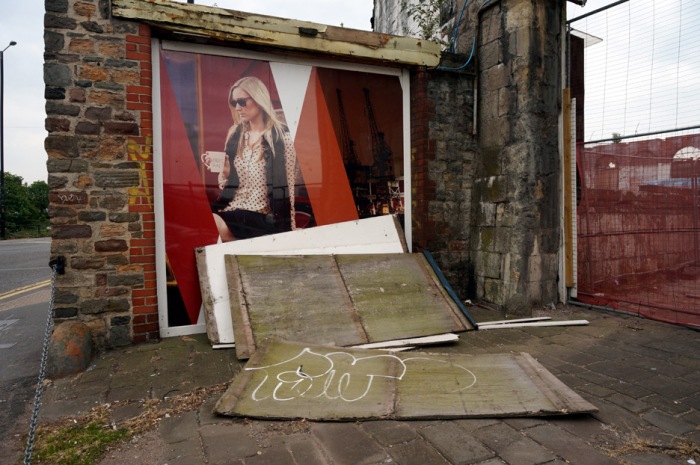
For a lot of people, this will be the limit of their horizons. They will see only what is in front of them and lose all sense of perspective. To quote another odious British politician, there is no such thing as society. We now live in an age of pure individualism. Narcissism is rampant. Celebrity culture has triumphed. Money is the only measure of success. Social media has simultaneously connected and isolated us like never before. All the old fashioned jobs have all gone to China so we all need to work smarter not harder. Innovation and technology are the way forward so we all need to embrace them without question. Clichés and buzzwords abound. The shady practices of the financial services sector and the big corporates are the dark side of this new world. We don’t like that. Neo-liberalism unsettles our innate human sense of justice and fairness.
Lots of people in the UK got a raw deal in this new global order. Older people who couldn’t cope with technological change were left far behind. Similarly, areas of traditional manufacturing industry were devastated during the 1980s as Thatcher dismantled everything in a doomed attempt to reverse the decline of British importance as Britain struggled to reconcile itself to the loss of Imperial power. A small army of Filofax wielding crooks in red braces divvied up the proceeds and left social carnage in their wake. Afterwards, all the national eggs were put into the one London basket as the financial services sector became more and more important.
The excessive displays of arrogant bankers provided us with role models to either emulate or despise.
Understandable anger and resentment built up as inequality grew and significant sections of society were left further and further behind. This was bad enough before 2008, but the crash imposed cutbacks and austerity on those who could least afford to cope with it. Impotent rage against those who held power grew in many of these areas.
Politicians were increasingly viewed with complete cynicism. They were opportunists and liars. The news showed us how they fiddled expenses and engaged in freakishly bizarre sexual activities. Politicians are all just a bunch of corrupt and sleazy wierdos. They played their games while the poor were forced to endure more and more cuts to their basic standard of living and you couldn’t trust anything these pathological political liars said or did. They preached one thing in opposition but went back on their word as soon as they took office. It didn’t matter what party they were from – they are all the same and nothing ever changes. There was no point in voting. Why bother?
During this period of prolonged economic collapse and uncertainty, people searched for a concept or a big idea that provided some degree of comfort to them. Our age is utterly cynical. We believe in nothing. The ultimate symbol of this age of individual success, money, offers no solace when you have none. Then it produces only envy.
Neo-liberalism has discredited everything apart from unfettered capitalism, which disproportionately benefits those who have lots of money already. People searched for something that gave them hope as they silently raged against all the rich and powerful who got away with it.
Nationalism.
Nationalism provided hope.
Nationalism would somehow reassert control over what had become a very confusing and frightening world for many on the margins. It was no mere coincidence that the Leave side kept talking about taking back control. For many of their supporters it meant not only taking back the power to make decisions in British interests, but also to reassert control over a society that had alienated them completely.
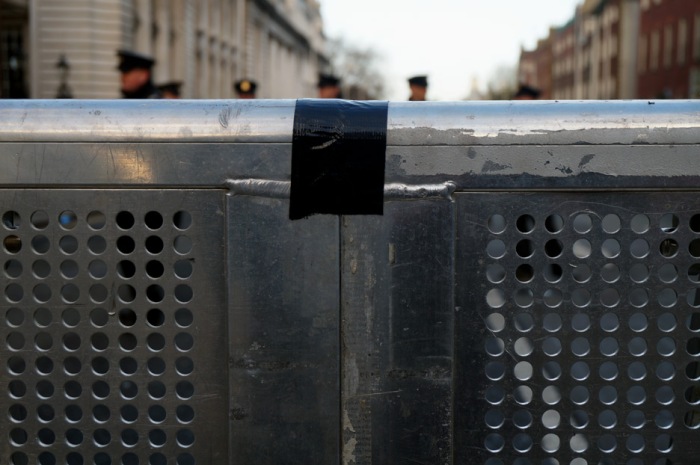
With some terrible exceptions, the continent of Europe has been free of conflicts between nations since the Second World War.
It appeared that nationalism had been tamed and controlled. It had been consigned to the football terraces or to that ultimate spectacle of camp, the Eurovision song contest.
We have forgotten just how destructive it can be.
There are no boundaries with nationalism.
There are no limits.
None whatsoever.
Once you unleash the forces of nationalism, it corrupts everything it touches. It brutally simplifies all situations. Nationalism allows no grey areas. There are no nuances.
Nationalism transforms everything into a simple Them and Us situation. If you are not one of Us, you must be one of Them. If the crisis is large enough, or emotions run high enough, often They become less human than Us. The normal rules no longer apply. As They are a threat to everything we stand for then any action we take, no matter how extreme, is completely justified.
Nationalism is a form of virulent racism that blinkers how we see the world. Difference is everywhere. Categories of superiority and inferiority are unconsciously internalised and are deeply embedded in all aspects of culture and discourse.
So the Brexit side won. The forces of English nationalism triumphed. They have a new spring in their step. Now they will seek to implement their vision of a Britain outside the European Union.
Unfortunately, forty-plus years of membership of the EU has meant that it is impossible to make a clean break. Everything is interconnected to everything else in our globalised world so it is impossible to take back control unless you are willing to turn the UK into a Europeanised North Korea. Thinking that you can turn the clock back to 1973 and expect that everything will stay the same, or get better, is utter fantasy.
Again, because everything is so interconnected and woven together in the increasingly complex fabric that holds society together, it is impossible to predict the results of a sudden dramatic shock to the system. All sorts of unpredictable consequences will arise that will produce ripple effects of their own. These mini-shock waves will then produce unanticipated changes in other variables. And so on. The cumulative effect will be to produce a palpable sense of society being in a state of flux. Nothing is settled, the boundaries are in the process of being redrawn and our sense of control has been lost. There will be widespread anxiety during this process because it is bewildering. This will create and sustain a prolonged climate of anxiety and all pervasive dread.
As has already become very evident, the Leave side made promises that they knew to be utterly false. Lies. They promised that by voting Leave there would be more money for healthcare and less immigrants coming to Britain. But the costs of implementing these policies are just too high. These promises cannot be kept unless the North Korean option is pursued.
Those who voted Leave solely based on these promises will be heavily disillusioned. Their support for the Leave agenda will melt away. That is because this section of the vote made a choice that they thought would produce a better society or they stood to gain personally. Essentially they sincerely believed that they were doing the right thing by voting Leave. They are also in a state of shock, stunned by the fact that they have been duped by yet another group of lying politicians. This group of people will become increasingly angry and bitter.
The other main group who voted to Leave based their decision based on the idea of recreating British/English greatness and/or screwing over the establishment. Members of this group will be far less inclined to reappraise their decision. Their vote was essentially based around deep seated negative emotions. The euphoria of victory and being part of a marginalised group that has taken control for the very first time will be intoxicating. The fear or hatred that others will show towards them will only serve to make them feel stronger. In a society undergoing a traumatic shock the old rules no longer apply to those who think that power has shifted into their hands. It is from this group that the racist attacks reported will probably have come from. This group of voters will be the most resistant to coming to terms with the fact that they have been duped. In many cases, they will simply not care. This new situation is exciting and they will search out new opportunities for conflict in order to experience the rush of power once again. Any attempt to change the referendum result will only increase their sense of anger.
Some who voted Leave will have been motivated to do so because they thought it would further a very different political agenda. In a brilliant leap of counter-intuitive cunning, they will have thought that by aligning themselves with the forces of nationalism they could exploit the forces of the radical right to drive social and political change in the opposite direction. In full knowledge that the promises offered were utterly fanciful, they assumed that they could at one stroke discredit the nationalists. Then opportunities would arise to exploit the resulting disillusionment of the Leave voters. In the aftermath, the sheeple would have an epiphany and finally wake up and discover where their best interests truly lay. Thus, they conclude, it will be possible to create a fairer and more just society once it has been freed from the stifling control of undemocratic elites in Westminster and Brussels. This group are blinded by their own ideology and worldview. They will be unable to grasp the fact that their contorted scheming has helped create this crisis. Instead, they will rail against the sheer stupidity of the population who cannot see the better world that they were trying to create for them.
At the same time, the Remain voters will start to feel increasingly angry. They will rage against all those who voted Leave. In the tense pressure cooker of a society in transition, everybody who voted Leave will become an Other. They will all be transformed into racist bigots or deranged ultra-right wing lunatics. The sheer number of Leave voters will produce a sense that they had been blind for years about the uniquely thuggish nature of British society. Disgust and revulsion towards the group who voted Leave, alongside their grief over their personal losses, will produce bitterness and anger.
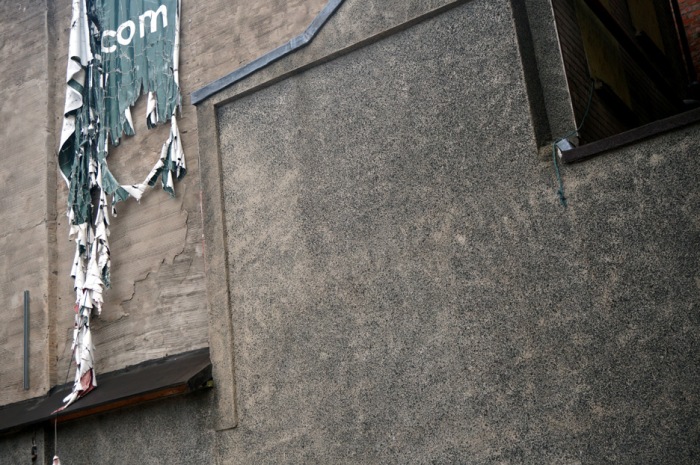
When politicians and commentators use bland terms like polarisation what they really mean is that society has become a powder-keg ready to explode. Anger is everywhere. Defusing all this rage is a very difficult and complex process that requires calm and a willingness to compromise with your bitterest opponent.
That is because the consequences of not defusing all that anger are very dangerous indeed.
Any attempt to not follow the democratically expressed will of the British people to leave the European Union is in danger of providing the one spark that can destroy everything.
If the anger reaches boiling point then a potential cascade effect occurs. All options disappear. If calm vanishes then panic will rush in to fill the vacuum. Panic will lead to increased economic turmoil, leading to even more political and social chaos. This has the potential to add fuel to the smouldering fires of barely suppressed fury. These will inevitably burst into a conflagration. Violence will erupt. Under these circumstances, the risk of this spreading is very high. If it does then the authorities will struggle to contain it. In these circumstances, their only priority will be to reassert order and control over an unruly and resentful population. If the violence grows too large the normal rules will be dispensed with and some form of mild quasi-authoritarian rule will have to be imposed, at least on a temporary basis to deal with particularly troubled regions. This will only serve intensify the mood of national crisis and will sap the energy of political leaders who will struggle to negotiate with all the other European leaders and institutions from a position of strength.
Fear will then start to spread to other countries as they quickly scramble to protect themselves from what appears to be utter chaos in Britain. With a weak and distracted British leadership trying to desperately cope with social turmoil at home there will be no choice but to largely accept conditions imposed by the EU and other countries. Foreign governments will be keen to cut some sort of a deal quickly in order to limit the damage to their own economies and societies. The actual details of the deal won’t really matter. The ultimate result will be wounded howls of betrayal from all sides in Britain. Large numbers of people in a highly emotionally charged state will react angrily to the fact that foreigners have forced them into signing a deal that impoverishes them. The cry of treason will be heard.
In these circumstances, the only way to assert long term control over a deeply wounded and traumatised population will be through nationalism. Political parties will have no choice but to embrace policies and ideas they once vehemently opposed. All the latent anger in society will be directed towards outsiders and foreigners. They are the ones who conspired against Britain and punished it for voting the wrong way. The result will be a sudden lurch to the right in mainstream social attitudes. Nationalism will have become normalised. As time passes, it will seep into every pore of society. What it means to be British or English will be very narrowly defined and allow for no ambiguities. Tolerance and openness will slowly seep away because they pose a threat to the new national identity being constructed. Even if many do not privately believe in this new ideology, the peer pressure to conform and outwardly express such attitudes will all operate to maintain and perpetuate the façade of a unified nation standing alone in the face of adversity. Cultural values will now be defined in opposition to outsiders. British exceptionalism will be stressed. Foreign countries and their populations will be defined using terms that present them as untrustworthy rivals or enemies.
Add to this the fury in Scotland and their demand for an immediate independence referendum. This is a perfectly understandable reaction on the part of many in that region. After all, why should they go down with the sinking ship? This adds to the overall pressure and sense of crisis as the anger builds and builds. Anger will be directed towards the distant Westminster elites who are holding them back from their national destiny. Scottish nationalism will deepen and intensify. England will become the enemy and in the terrifying logic of nationalism, Scotland will, in turn, become England’s enemy. Compromise completely disappears and bitterness takes root.
If Scotland is frightening, Northern Ireland is terrifying. Despite almost 20 years of peace, deep divisions lie at the heart of this society, still deeply traumatised by the collective memory of bloodshed. It would not take much to tip this society over into war once more. The wounds are still very raw.
Then we have the Republic of Ireland, my own country. In theory what happens to the UK should not affect us to the same degree. But we are tied too closely together to fully escape being dragged into the maelstrom. We will find ourselves in the same terrible position as the Remain supporters do now, except we will be incandescent with rage. This had nothing to do with us whatsoever! The British did this to themselves! Why should we go down with them? People died so that we could have our freedom! It’s just not fair.
The Republic has its own landmine to contend with; the politically poisonous issue of abortion. Right now the nod-and-a-wink compromise is that pregnant women travel to the UK in order to get an abortion because it is constitutionally prohibited in Ireland. This touches on the two core issues of the Leave campaign: travel to the UK and the health service. You can draw your own logical conclusions from that.
Irish Republicans, buoyed by the centenary commemorations of the Blood Sacrifice that was the 1916 Easter Rebellion, will see this as an opportunity to complete the job of reclaiming Northern Ireland. After all, they will cry, England’s difficulty is Ireland’s opportunity. This rhetoric will only stoke fears amongst the Loyalists of Northern Ireland. Doomsday scenarios of ethnic cleansing will grip their imaginations. They will feel that they are on the cusp of being betrayed by Westminster and abandoned to their fate as a weakened Britain falls to pieces. They will therefore feel that they must lash out and assert their power before they are overwhelmed by events. In another horrible coincidence, 2016 is also the centenary of the Battle of the Somme, an integral part of the Loyalist foundation myth. They proudly commemorate the slaughter of their ancestors in defence of Britain during the First World War, a stark contrast to the treasonous back-stabbling Easter Rebellion that their enemies perpetrated. A further complicating factor is the imminent arrival of Marching Season in July, a prolonged period of volatility and violence at the best of times.
Events in Gibraltar or the Falklands/Malvinas could similarly lead to instances of conflict and a wounding of British national pride.
Tensions like these all darken the mood and push everybody to extremes.
That is why the Remain side needs to get over its loss quickly. It needs to accept the referendum outcome and salvage what remains of social solidarity. Calm must prevail. Everybody needs to take a deep breath and somehow build bridges that will heal divisions.
We in Ireland need to do the same. We need to accept what has happened and try to act together in order to salvage what we can.
It’s not fair. I know that.
But there is no other choice.

Those who live in other European countries have their part to play in how the crisis unfolds. The confusion about what Brexit will mean to those who live in the 27 other countries of the EU adds even more fuel to this very volatile situation. Just as in the UK, millions of people will be frightened about how Brexit will impact upon their jobs and futures. They can see more cutbacks on the horizon as the markets go crazy. A period of recession and despair will loom large in their imaginations. They will be afraid. Events are beginning to get out of control. Can we really limit the damage being done to us by Brexit?
Fear will quickly turn to anger as economic prospects decline and the future looks increasingly bleak. National governments and the EU institutions will be under pressure to cut a quick deal with Britain just to cauterise the gaping wound and limit the damage.
People in Europe will be angered by the kid-gloves treatment that Britain appears to be receiving. We will understand that things appear to be going badly there, but that is still no excuse for giving them too many concessions while we get nothing but cutbacks in return. After all, Britain voted for this. Now they must accept the consequences.
How could the British have done this to us? How could they have been so selfish and arrogant to think that they could stick two-fingers up to the rest of us and just walk away?
Bastards, the whole lot of them.
To control this growing public outrage European governments be forced to direct it where it will do least damage. Otherwise the potential for social turmoil throughout Europe will grow. They will have no choice but to play their own nationalist cards. They will have no other option but to point towards Britain and scream that the inhabitants of that island are to blame for everything.
And most people will believe them because it appears to make perfect sense.
Over time, other European countries will lurch to the right as nationalism becomes increasingly normalised. We will need to protect whatever remains of our jobs and economies so we must look after our own interests first. Fear and insecurity will become the norm and in response we will accept less accountability from our national governments and the European institutions. The alternative is complete chaos.
The collapse of the European Union or the Euro would unleash hell on earth if the forces of nationalism rush in to fill the vacuum.
We all need to prevent this from happening at all costs. Calm needs to prevail. The British are not our enemies. We need to help them to salvage their society so that they can retain their dignity and national pride. We need to accept the new situation and work together to rebuild. There must be a functioning civil society left if all the inequalities and festering social injustices that lie at the root cause of this crisis are to be addressed. The rest of us living in the EU need to forgive and forget, just as the British must learn to heal their own internal divisions make unpalatable compromises with their political opponents. They are a proud country with a long history that is an integral part of their psyches. The sudden and irreversible decline in their global status and power will be a bitter pill for them to swallow. As a nation they will grieve for this loss. We need to understand that.
Furthermore, Donald Trump needs to be defeated by a large margin in a scrupulously fair presidential election. The views of his supporters must be respectfully disagreed with. Then Trump needs to become a figure of gentle ridicule and mockery before fading into absolute obscurity.
In this crisis it is essential that democratic values and the rule of law survive intact. With those in place it is possible to rebuild.
Without them, we have entered a very dark place indeed.
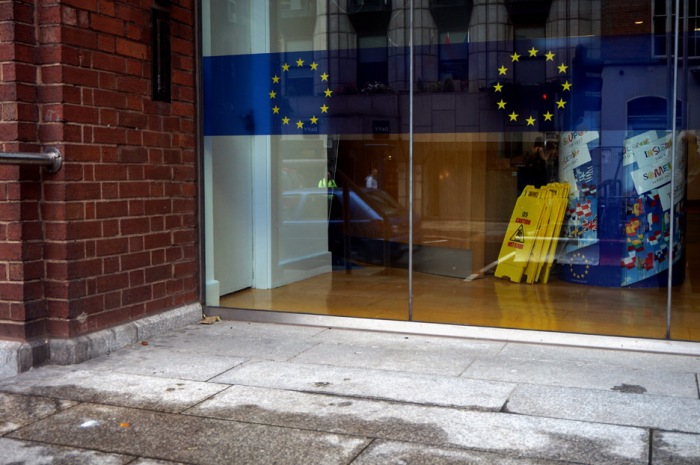
So I’ve set out my stall and tried as best I can to explain my reasoning. I fully admit that much of this is based on speculation and I outline a scenario that I hope and pray will never happen. This is all based on my own reading of events and my interpretation of human nature and the dynamics of crisis situations. But there are a myriad of other variables that can intervene to change predicted outcomes. These variables are utterly impossible to account for. Predicting the future in such circumstances is impossible for anybody. Everybody is just guessing.
On a more positive note, the world has emerged intact after calmly dealing with far more serious crises. The Cuban Missile Crisis, the Collapse of the Berlin Wall and the fall of the USSR were terrifying moments in recent history. Yet we emerged from them bruised but largely intact.
So I will ask you to assess what I’ve written. Look for gaps in my logic. There must be some. After all this is just my interpretation of one possible outcome based on sketchy information during the early stages of a fast moving and evolving situation. I will probably have missed something. Or maybe I have misread everything completely. But it is the logical progression of what may happen once options are narrowed.
Perhaps your scepticism is due to your proximity and familiarity with the stable world that has just passed. Anarchy, martial law and violence were something that belong to thinly-plotted Hollywood action movies or on TV news reports from some distant country. In the twenty-first century, it is simply inconceivable that such things could happen in a highly developed and tolerant society. Utterly impossible. Is it?
Let me ask you a question. Take a deep breath and use all your common sense, instincts, life experience and all your critical skills before you answer this. Think long and hard for yourself rather than being swept along by the background noise that feeds the emotional roller-coaster of everyday life.
Can you tell me that something like the scenario outlined above coming to pass is completely out of the question?
If so, why?
If there is even the remotest possibility that a fraction of what I have outlined might come to pass then that should jolt you.
Try to think clearly for yourself. Use your brain. Do not be somebody who gets swept along by the whirlwind of instant outrage and shrill voices. Think.
I thought long and hard before writing this article. This is my own way of coping during this time. After all to write about panic and sketch out bleak apocalyptic futures during a time of crisis runs the danger of actually intensifying the panic I am trying to calm. It created a moral dilemma for me that I justified by reasoning that the only people who are likely to have such a reaction are the kinds of people that we all need if we are to avert chaos. To use a cliché, if you aren’t part of the solution then you’re part of the problem. If you’re part of the problem you’ll just fling abuse at me in the comments section below.
But how can I, a mere powerless individual, do anything to avert this collective sleepwalking? It’s all too much.
To that I answer; this crisis was caused by the actions of millions of people who set a train of events in motion that they did not fully understand.
This crisis will only be stopped by the actions of millions of people who collectively act together in order to maintain calm.
To further assuage my moral dilemma, I will therefore make some very simple suggestions for you to think about. Come up with something better yourself – I certainly don’t have all the answers.
Remain calm. Don’t give into anger and bitterness. If you lash out in anger then the middle ground disappears and options evaporate. An angry reaction now will defines all the future choices you have left.
A simple anaolgy: Your boss is being a pain. You’ve had enough. This is a terrible place to work! You’d be able to find a better job in an instant! You jump up tell him to stick it and walk out the door. That felt good. All the simmering resentment you felt towards your obnoxious boss has been released in a single burst of anger. Power momentarily shifted into your hands. You are also chuckling to yourself about how bad your boss will look to the top management. Ultimately, of course the company will survive. Or it might not. But that will not matter to you anymore. The chain of events you have set in motion through acting out of anger now takes on a momentum of its own. You are now unemployed. How are you going to pay the rent? How are you going to buy food? You need to live. And it’s suddenly very scary. Everything feels different now. But because of your anger you can’t go back. Your old job is gone. This is the new reality. And the really terrible thing was that your boss really was a pain. He asked you to do stupid things. You were in the right. Your boss was in the wrong a lot of the time. But none of that matters now. You are in a new situation. You veer between optimism and dread because everything has changed. It’s confusing. But options have been closed off. Choices are stark. Now you need a job – any job is better than nothing. You begin to panic. Your entire future is in jeopardy because of that single event. You start lament all the things you once took for granted in the recent past. The old job was bad but at least you knew where you stood. There were lots of other important issues you cared about back when you were in your job; the environment, education, poverty, the injustice in the developing world. All these things mattered to you and you felt strongly about them. But now you don’t have time to think about them. Everything is uncertain and your only concern is to find a job. It’s been a long time since you were out looking for a job. You didn’t expect things to be so tough. Everything is different now and it’s hard to adjust. You start thinking that your old job wasn’t all bad. There were good things to working there. Maybe if you’d stayed calm you could have figured out some way to make things better in your old job. You get angry with yourself and lose focus on what’s important. People exploit your vulnerability because they know that you have no options. You have burned your bridges. You have no choice except to accept the sweatshop conditions on offer in the only job you can find. This is the reality. That single event has changed your life forever. But you cannot be bitter or angry about it because that will lead you nowhere. You need to stay calm and think things through. If you start beating yourself up about how stupid you’ve been you’ll drive yourself crazy. You’ll get distracted by stuff that doesn’t really matter. Instead you need to calmly figure out how to improve this situation and build a better future for yourself, your family and all the other issues you cared about.
A second referendum is not going to happen because there is a new reality now. There is no going back.
Do not overreact to those who disagree with you – we will need to work with them in the future. If you act in anger you are not only closing off your options but theirs also. They will have no choice but to respond to your anger with anger of their own and positions become more and more extreme. If somebody is pushing your buttons or provoking you, just walk away. Let it go. Many people will be suffering from shock – they will need time and sympathy to come to terms with the new situation they find themselves in.
Accept what has happened and try to do something positive. This is part of the new mindset we all need to develop in response to what has happened. It’s better than nothing. Reconciling yourself to new alliances will be more difficult but it must also be done. We need to return to a world where options and choice are open to us again. Once this happens it will be possible to address the festering injustices that underlay how the new reality came into being.
If we succeed, history will forget us all. In the years to come the stories and drama will all revolve around Cameron, Farage, Johnson, Merkel and all the other main actors. There will be heroes and villains. That much is inevitable. We will forever remain anonymous bit-players in a vast historical drama.
At least this way you get to play some tiny part, however insignificant, in influencing how the drama ends.
In fifty or a hundred years time lets hope that “2016” or “Brexit” will be the answer given to some light-hearted trivia question on the equivalent of whatever passes for a daytime TV game show in the future.
This is why I am forced to fully agree with what the murderous war criminal Tony Blair says in the article I mentioned at the beginning. If I can agree with him on this one specific issue then the forces holding back the rush pressing us all forwards towards a less-democratic world are strengthened ever so slightly. Later, when calm returns, I will have the luxury of being able to criticise him for the horrors he unleashed. But for now, as Blair states:
“The center must regain its political traction, rediscover its capacity to analyze the problems we all face and find solutions that rise above the populist anger. If we do not succeed in beating back the far left and far right before they take the nations of Europe on this reckless experiment, it will end the way such rash action always does in history: at best, in disillusion; at worst, in rancorous division. The center must hold.”
There are no other choices. There are no other options. The crisis has removed all nuance. We live in a time of stark binary choices. Unpleasant alliances must be made with those we once disagreed with. We all need to adapt quickly and accept the new reality in order to work positively for the future.
There is no alternative.
If you still think me a fool after reading this, so be it.

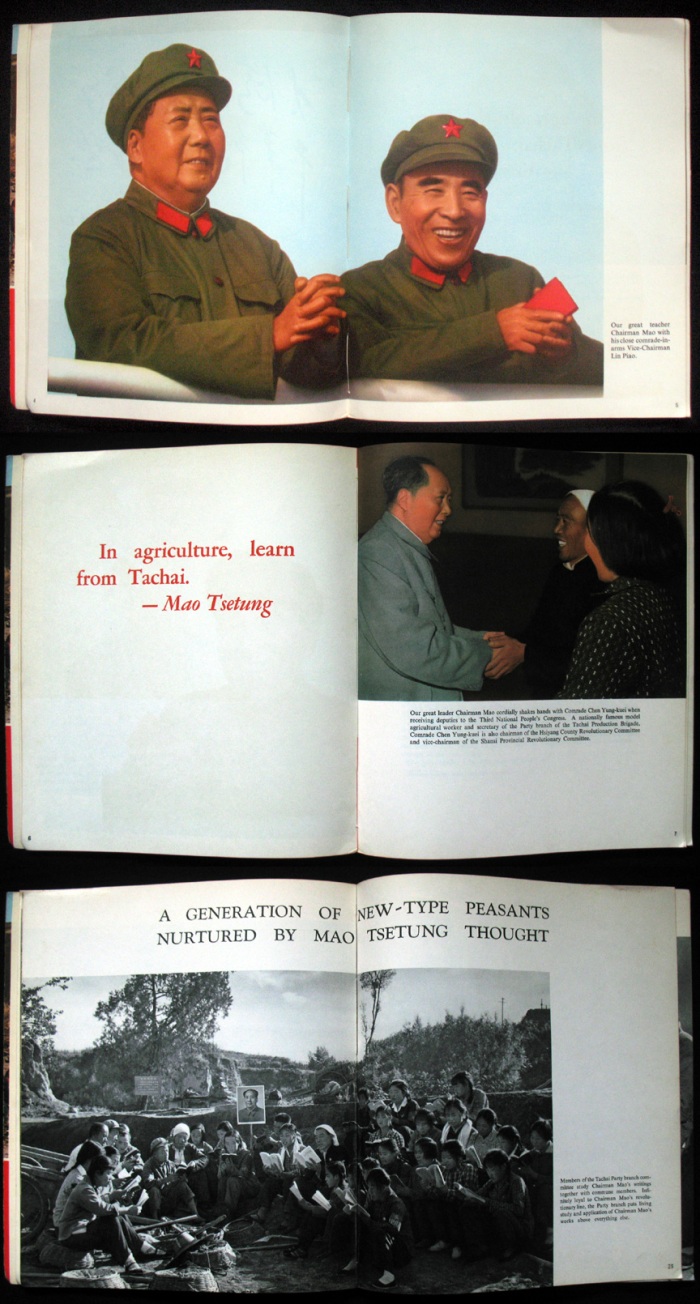



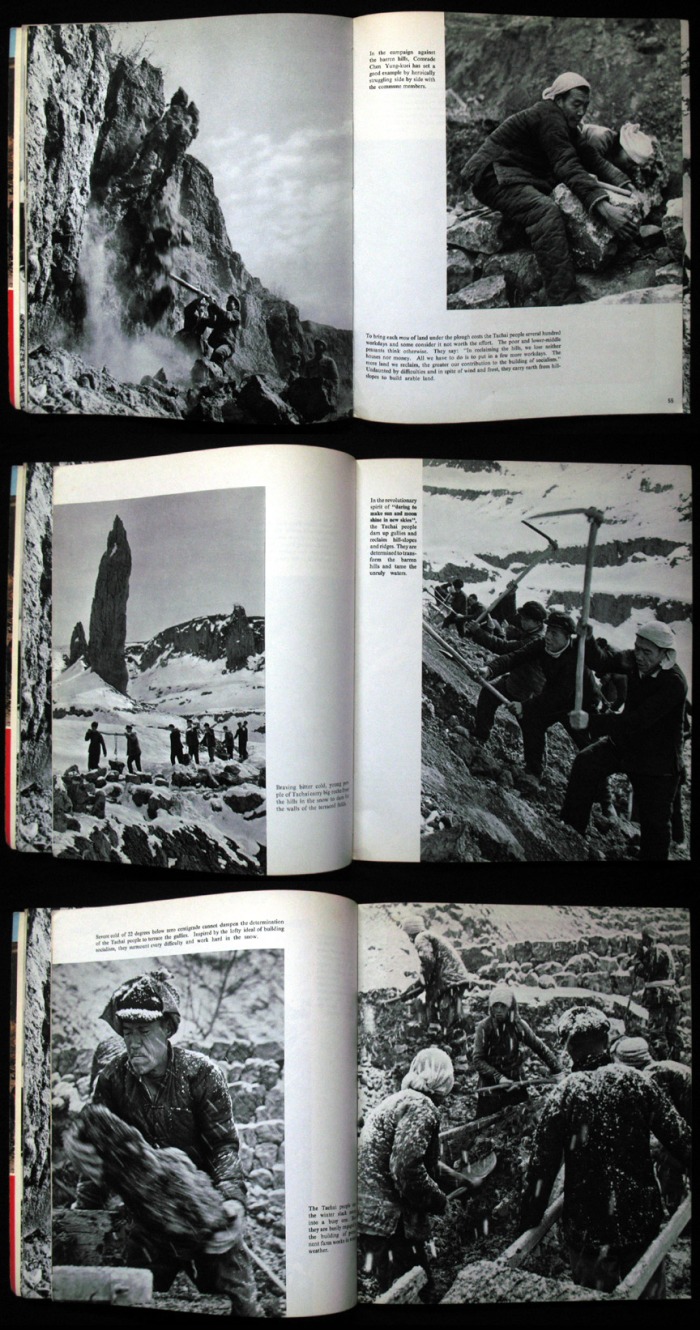
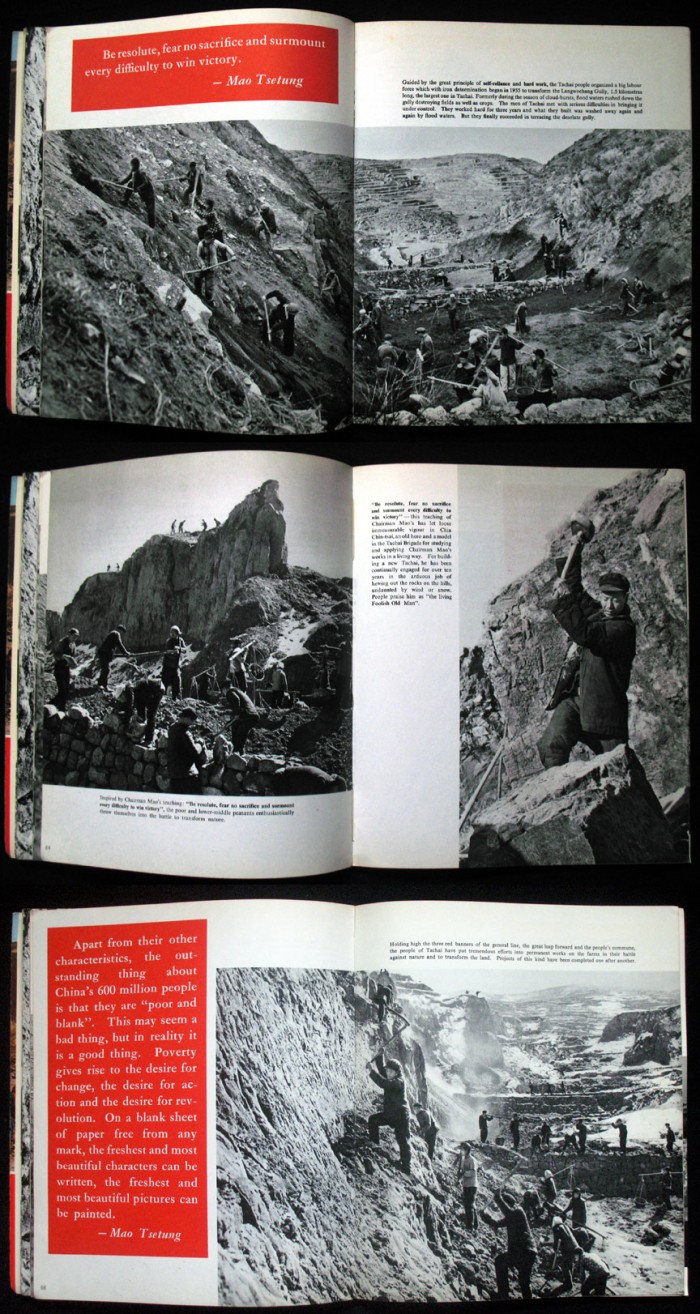

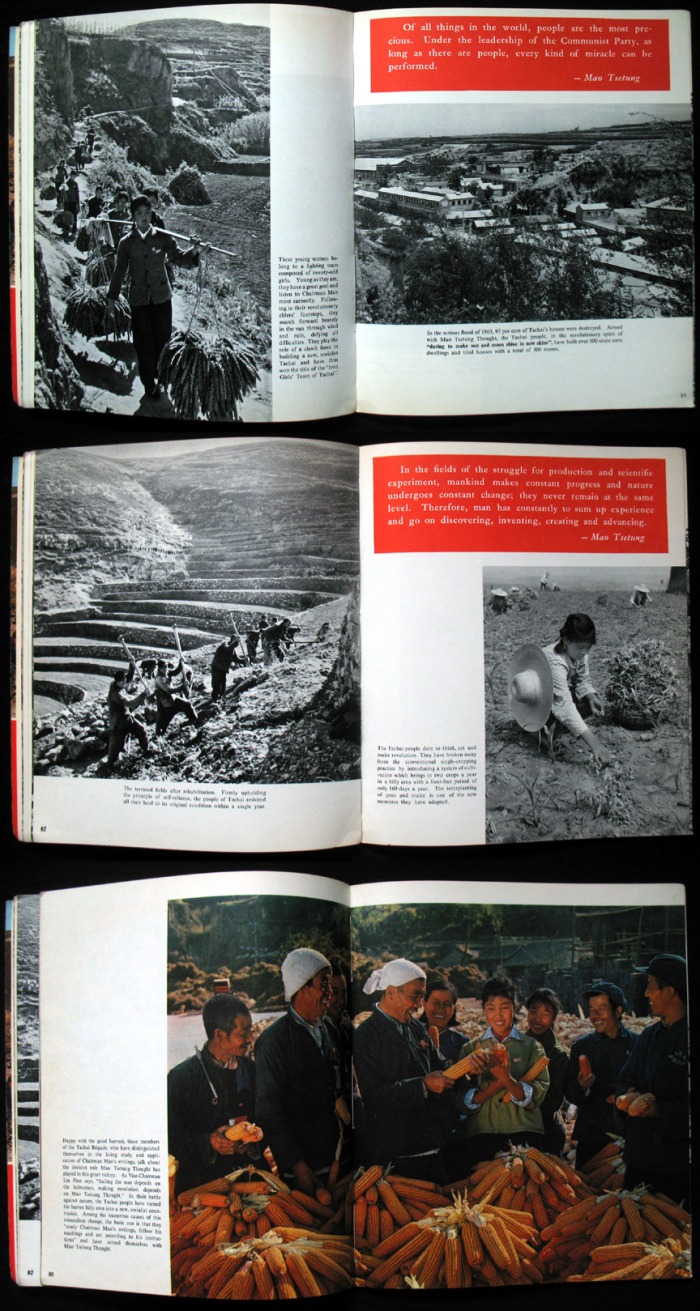
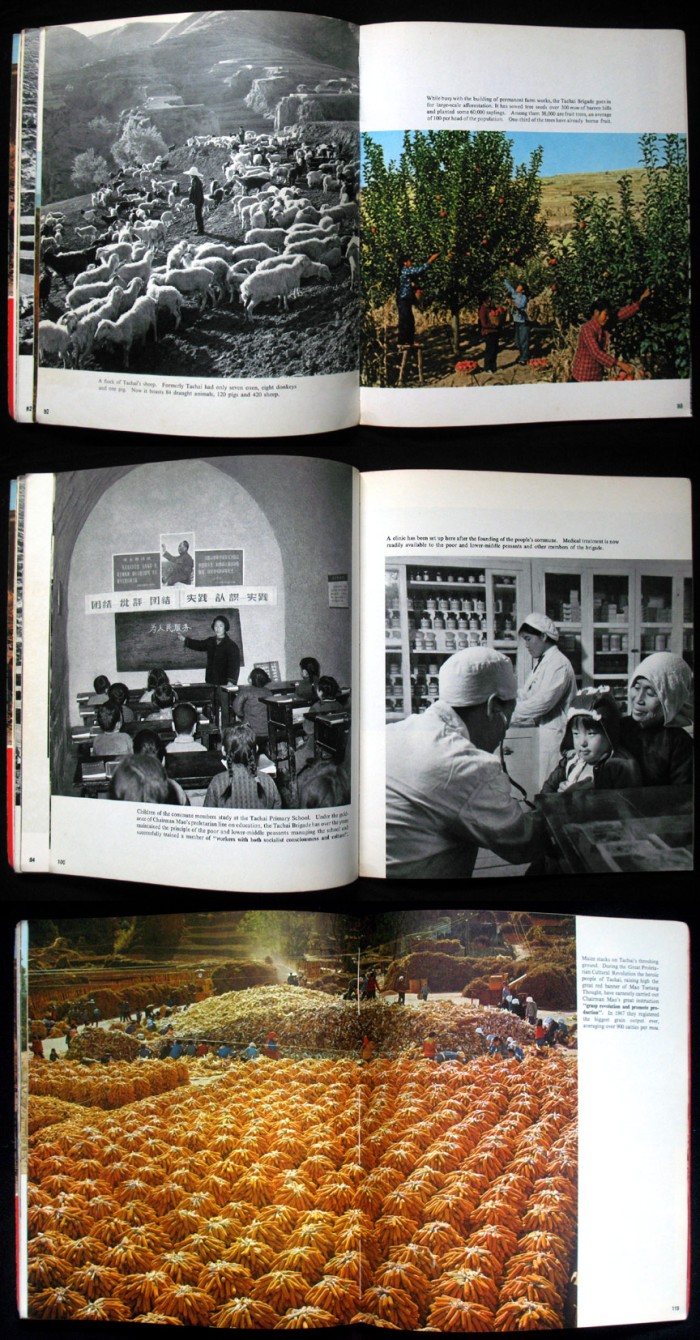
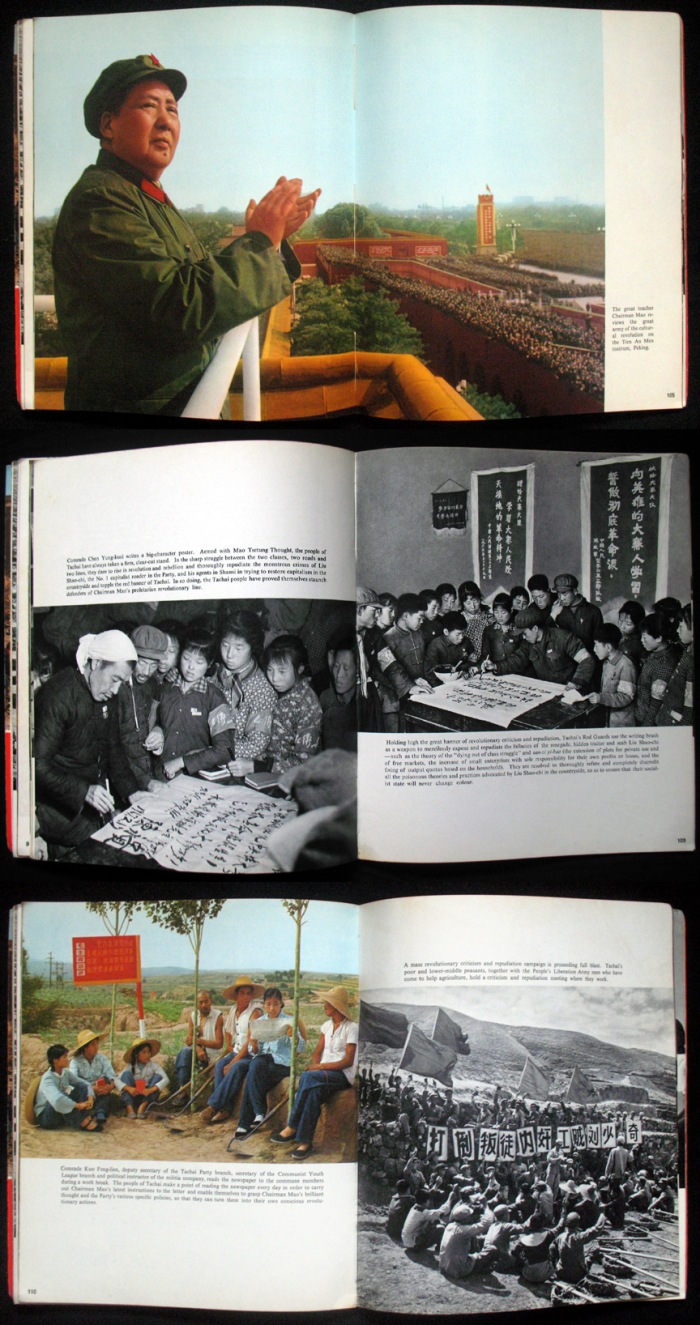
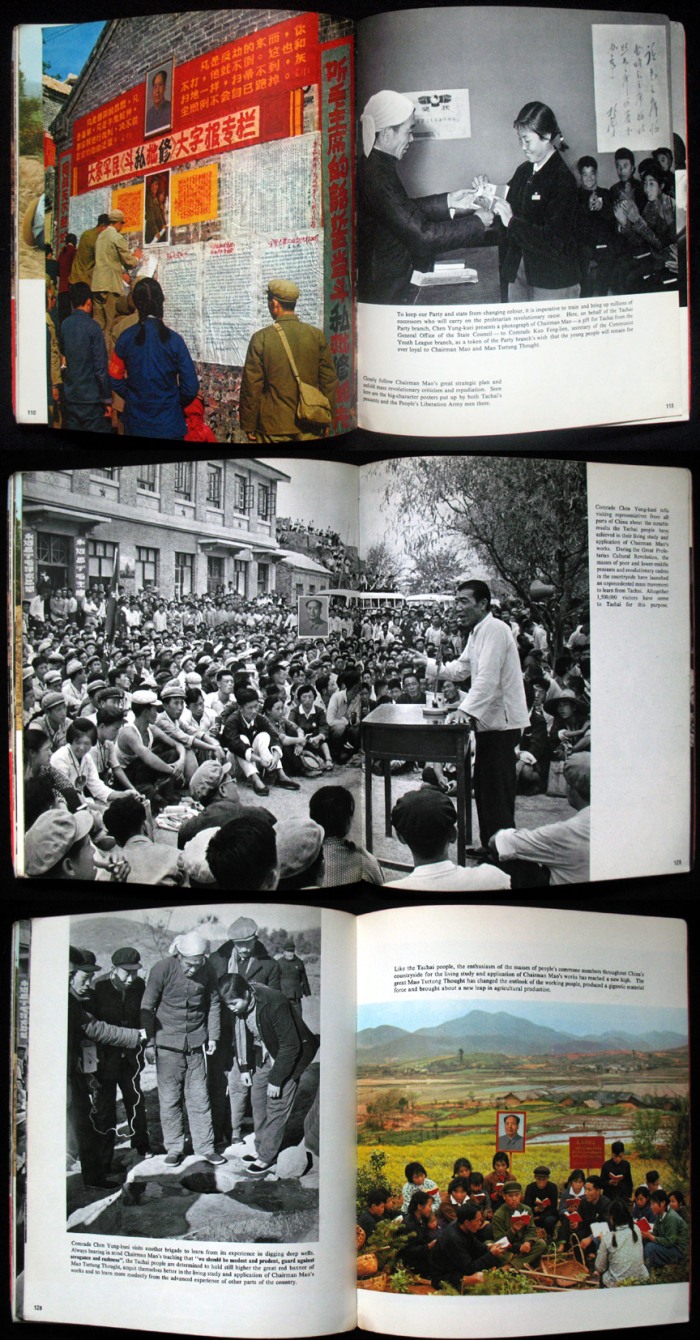
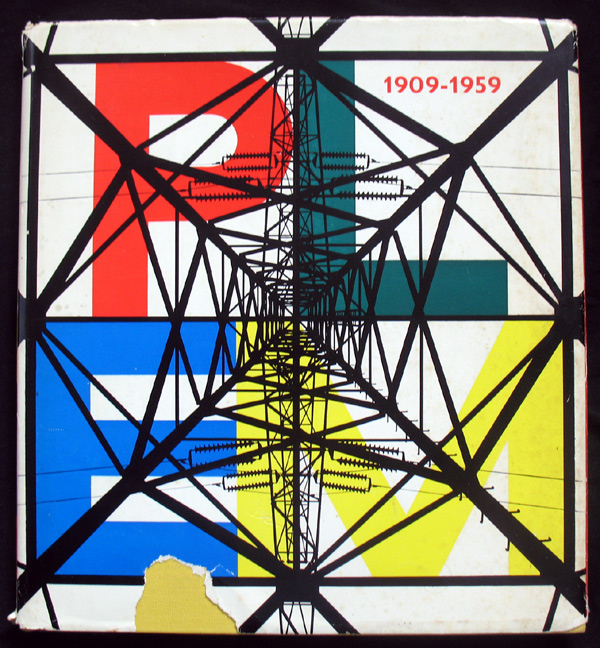
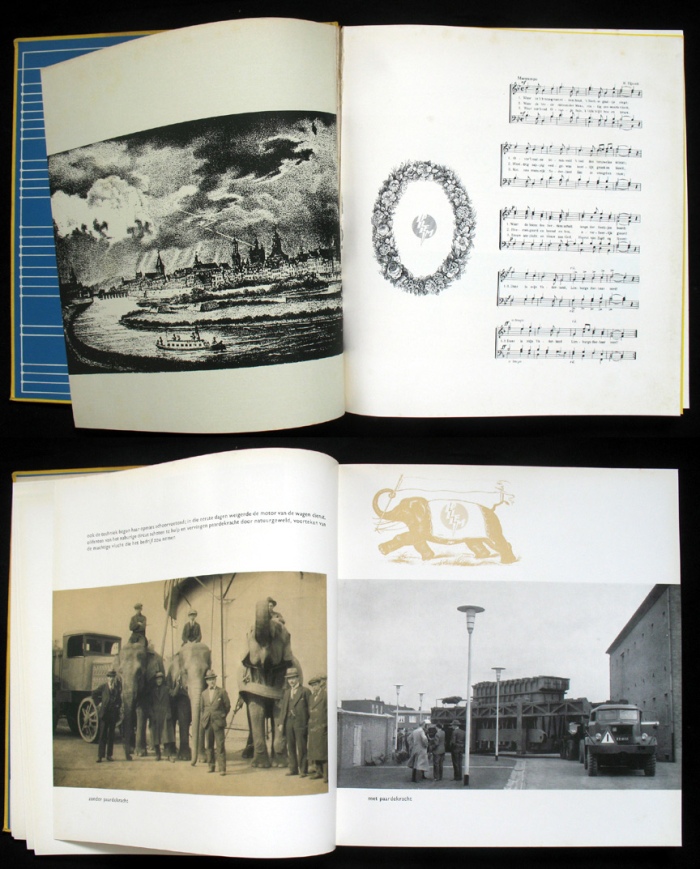
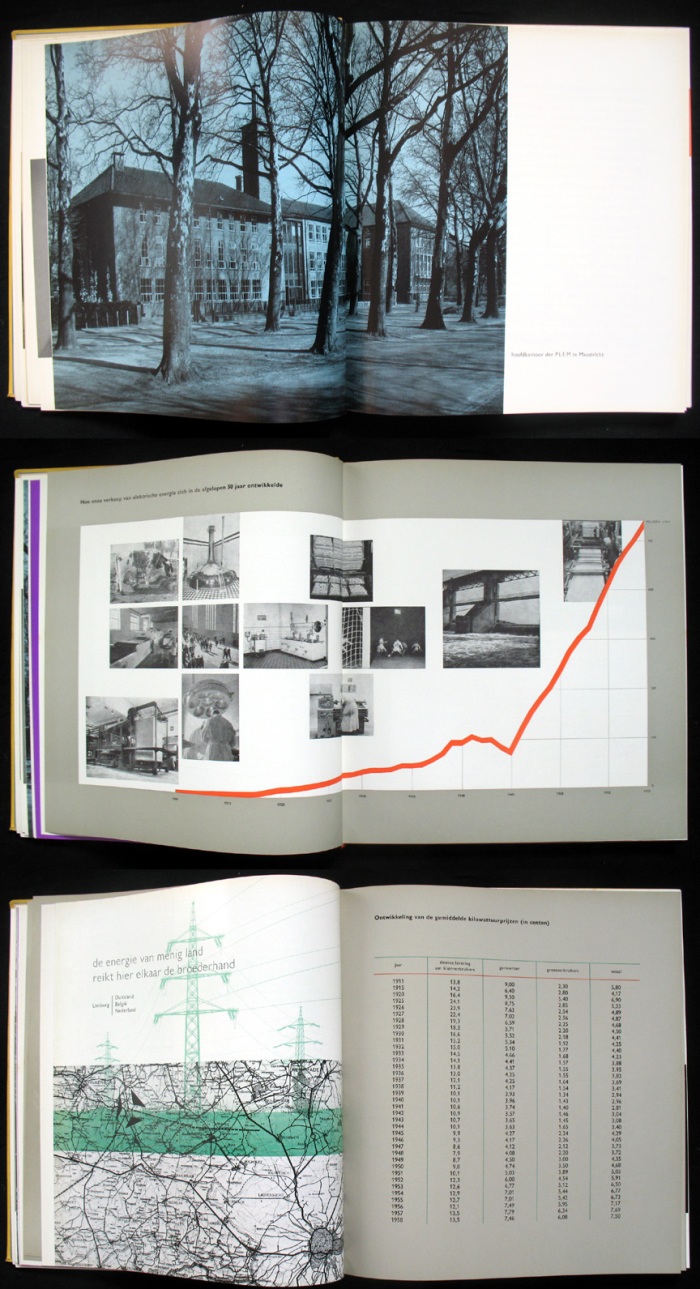



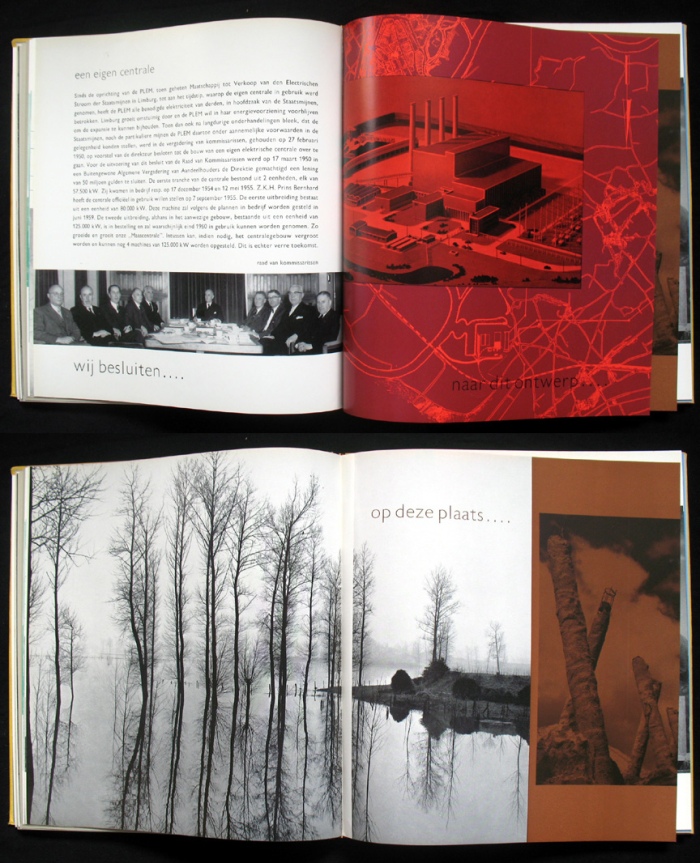



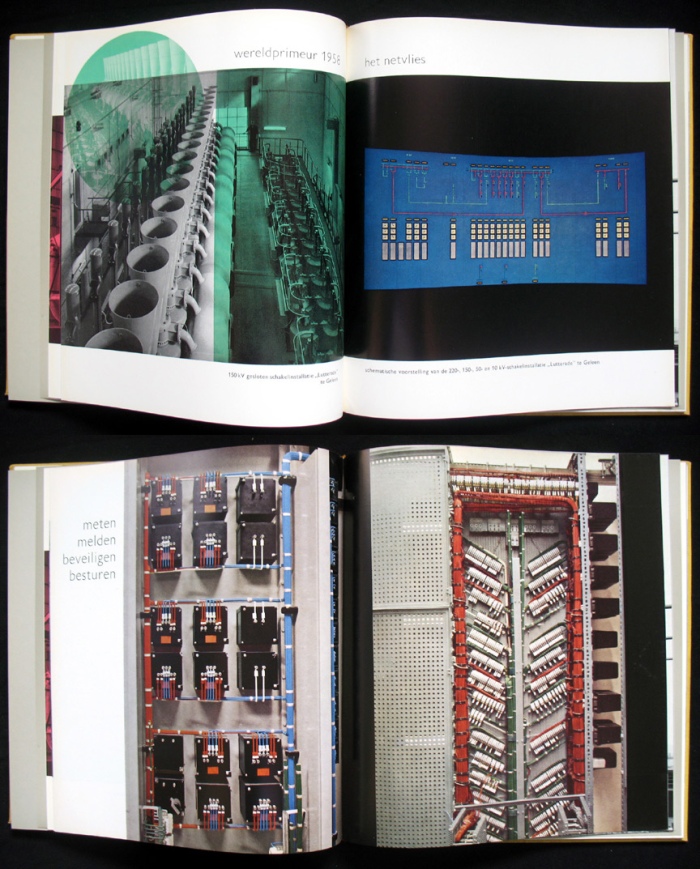
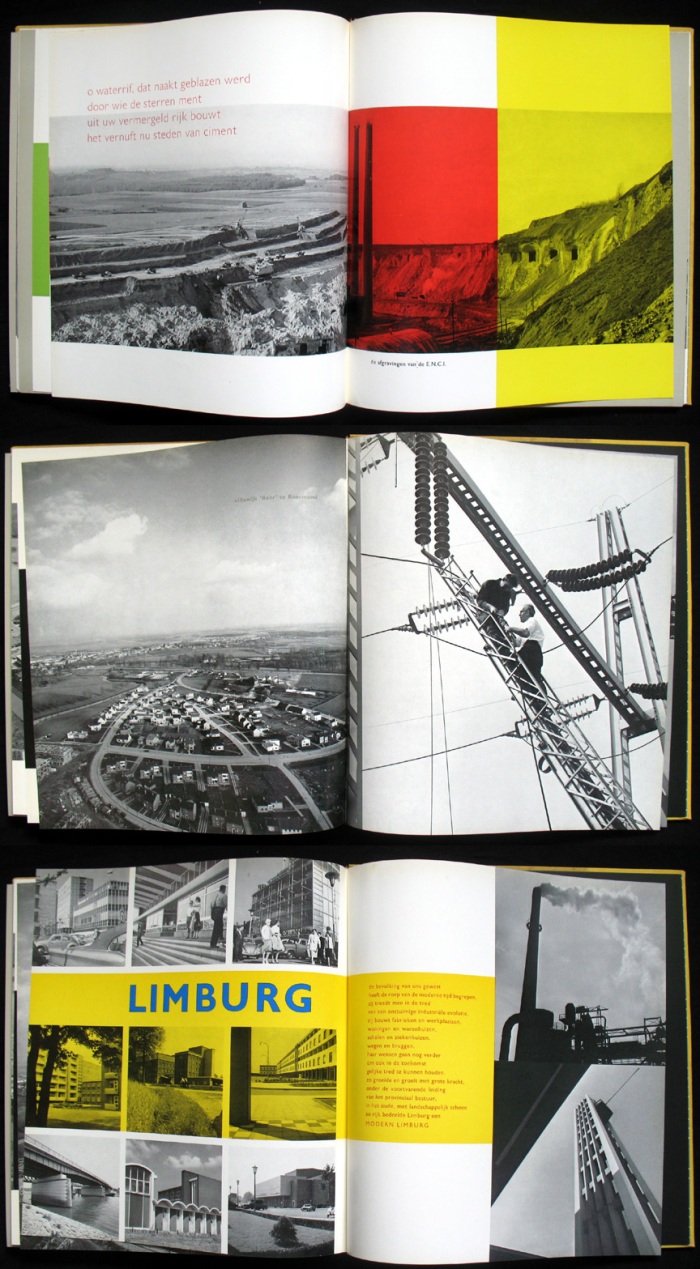



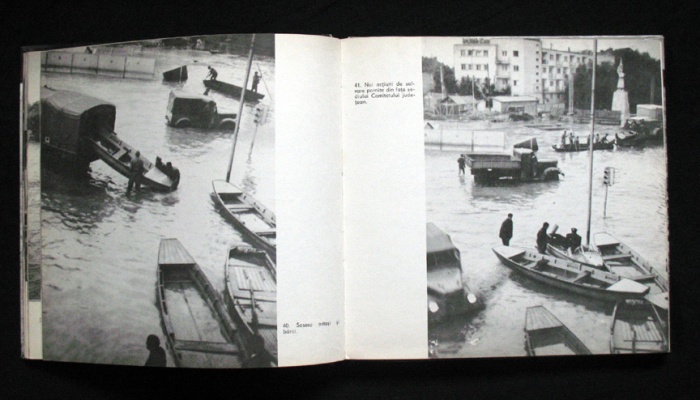
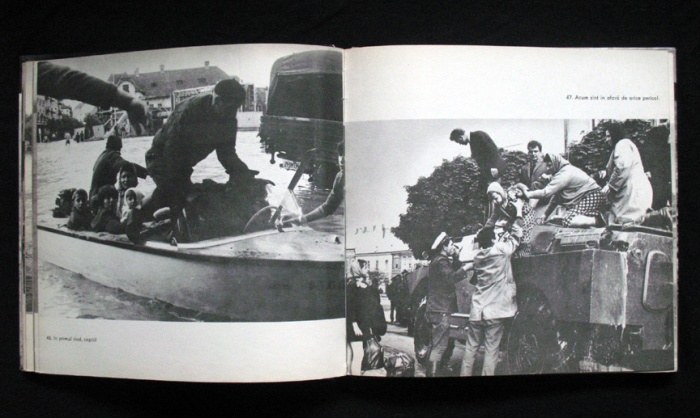

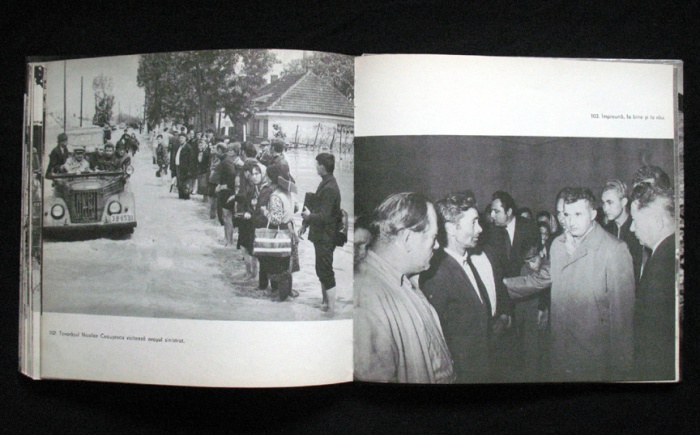
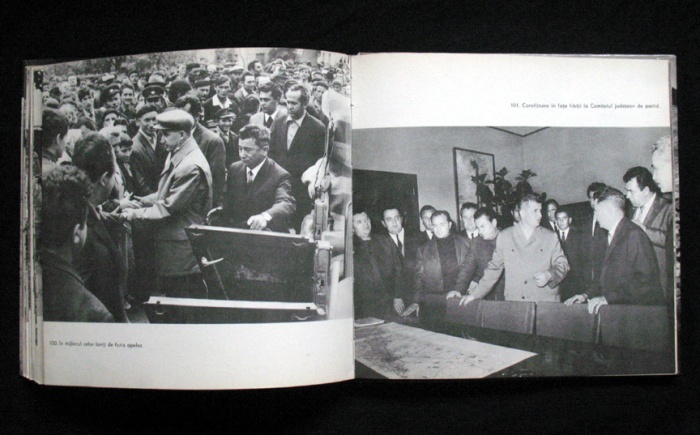

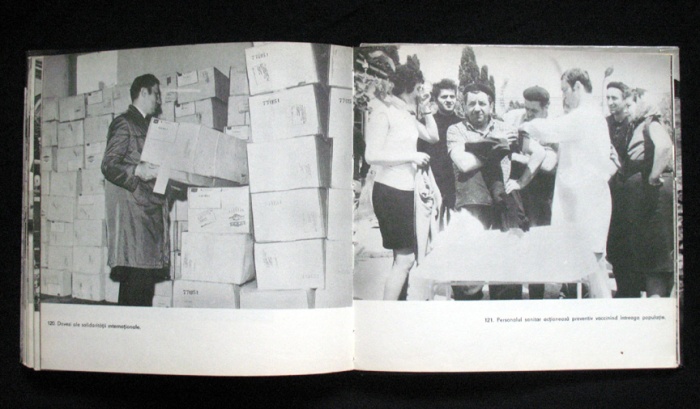
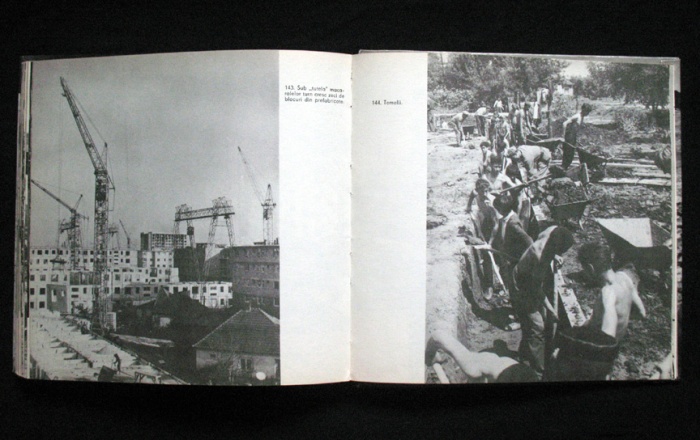
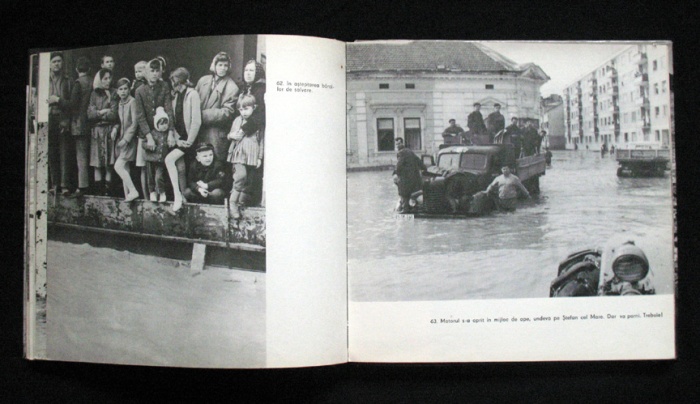
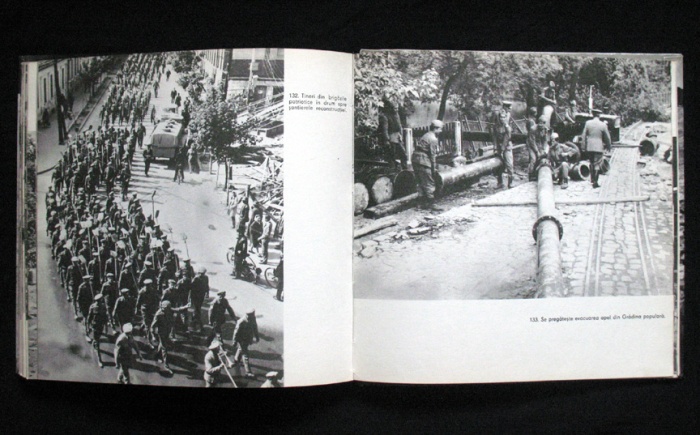
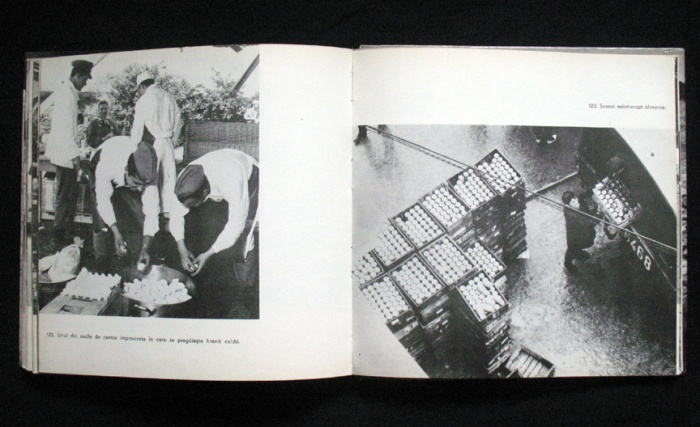

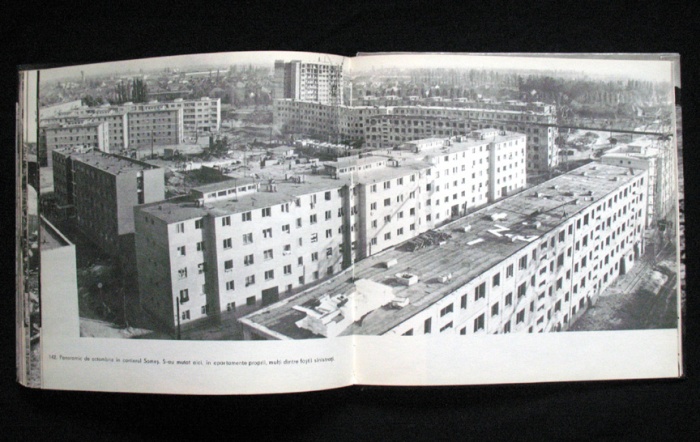

 The economy fell apart and complete social collapse was on the cards. It didn’t produce enough food to feed its people (only 20% of its land is suitable for agriculture) and now it couldn’t pay for imports. Added to this, 1995 and 1996 saw a series of floods which destroyed both crops in the fields and centralised grain stores. 1997 brought a drought.
The economy fell apart and complete social collapse was on the cards. It didn’t produce enough food to feed its people (only 20% of its land is suitable for agriculture) and now it couldn’t pay for imports. Added to this, 1995 and 1996 saw a series of floods which destroyed both crops in the fields and centralised grain stores. 1997 brought a drought.  Then 1994 saw the arrival of another existential crisis for North Korea;
Then 1994 saw the arrival of another existential crisis for North Korea;
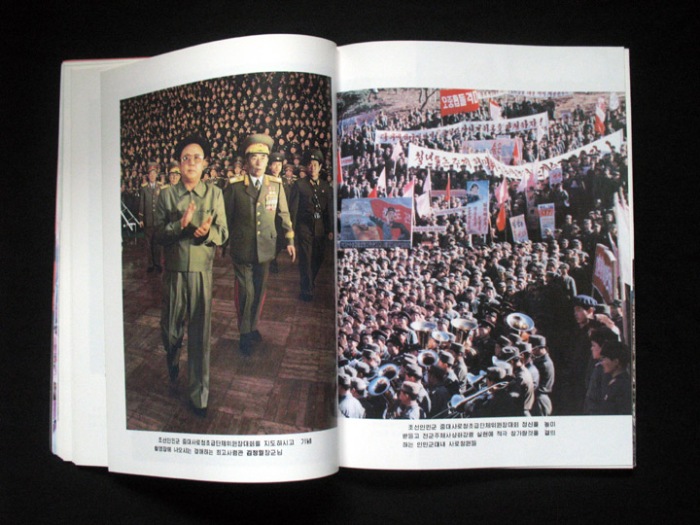 Everything had to be sacrificed in order to keep a strong army. Thing else mattered. There was a terrible and ruthless logic to this approach for the regime. The army was needed to prevent both internal and external threats from causing the regime to fall apart. Firstly, by making sure that the armed forces were well fed and insulated from the collapse it meant their loyalty could be counted upon.
Everything had to be sacrificed in order to keep a strong army. Thing else mattered. There was a terrible and ruthless logic to this approach for the regime. The army was needed to prevent both internal and external threats from causing the regime to fall apart. Firstly, by making sure that the armed forces were well fed and insulated from the collapse it meant their loyalty could be counted upon.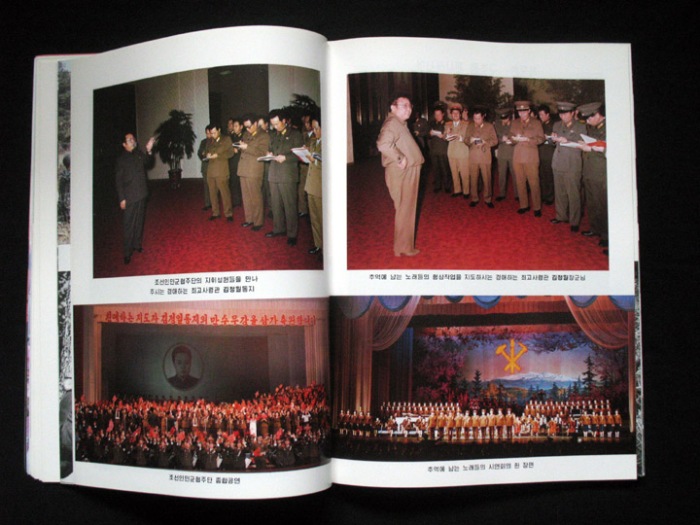
 Secondly, North Korea uses its military power as a way to intimidate other countries. As well as its weapons of mass destruction, it has the world’s forth largest army. The aggressive tactics, regular skirmishes with South Korea, and the doom-laden rhetoric that that North Korea regularly uses against its enemies in South Korea, Japan and the USA are all designed to show that the North Korean leadership is determined to fight to the death in order to survive. The implicit threat was that a terminally collapsing regime could decide to go out with a bang rather than a whimper and launch an invasion of South Korea or attack Japan.
Secondly, North Korea uses its military power as a way to intimidate other countries. As well as its weapons of mass destruction, it has the world’s forth largest army. The aggressive tactics, regular skirmishes with South Korea, and the doom-laden rhetoric that that North Korea regularly uses against its enemies in South Korea, Japan and the USA are all designed to show that the North Korean leadership is determined to fight to the death in order to survive. The implicit threat was that a terminally collapsing regime could decide to go out with a bang rather than a whimper and launch an invasion of South Korea or attack Japan. But even without this, the
But even without this, the 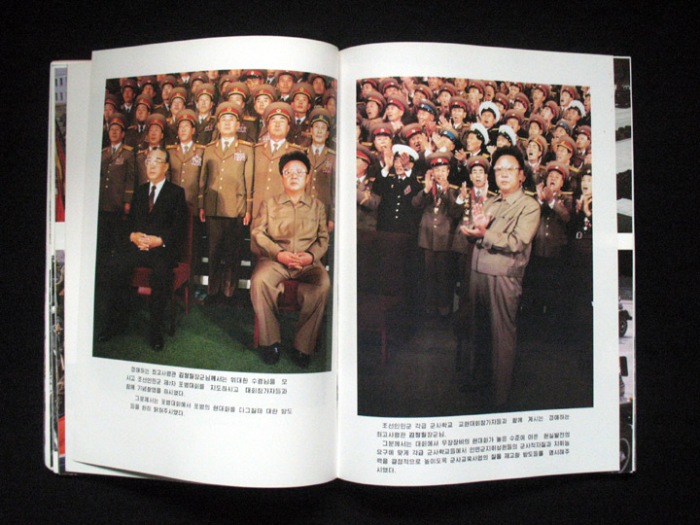 Cynically using the starving North Korean population as pawns in this geo-political game, the North Korean regime demanded food and other aid from foreign countries. Vague promises of reform were made by the North Koreans which they had no intention of keeping.
Cynically using the starving North Korean population as pawns in this geo-political game, the North Korean regime demanded food and other aid from foreign countries. Vague promises of reform were made by the North Koreans which they had no intention of keeping. As the distribution of the food aid was largely controlled by the regime, they used it to feed the army and also keep control over the population. Loyal sections of the population were rewarded with food – disloyal groups had to fend for themselves. Food was used to regain a degree of control over the population and prevent the country from collapsing. In fairness to the outside world, they were placed in an impossible position; they either had to deliberately let millions starve to death or else send food aid which would enable this brutal regime to survive.
As the distribution of the food aid was largely controlled by the regime, they used it to feed the army and also keep control over the population. Loyal sections of the population were rewarded with food – disloyal groups had to fend for themselves. Food was used to regain a degree of control over the population and prevent the country from collapsing. In fairness to the outside world, they were placed in an impossible position; they either had to deliberately let millions starve to death or else send food aid which would enable this brutal regime to survive. Printed in 1995, one year after the death of his father Kim Il Sung, this book is designed to show how loyal the North Korean army is to the new leader Kim Jong Il. (I don’t speak Korean so I am unable to give the exact title). It begins with the standard myth of Kim Jong Il’s messiah-like birth in a secret camp in Mount Paektu, which also appears on the cover. Then we see images of the younger Kim in training, following in his father’s footsteps as he learns how to run the country as he sets about building a bright future for the people. This is all designed to show a direct continuity between the deceased dictator and the new leader as the only true successor.
Printed in 1995, one year after the death of his father Kim Il Sung, this book is designed to show how loyal the North Korean army is to the new leader Kim Jong Il. (I don’t speak Korean so I am unable to give the exact title). It begins with the standard myth of Kim Jong Il’s messiah-like birth in a secret camp in Mount Paektu, which also appears on the cover. Then we see images of the younger Kim in training, following in his father’s footsteps as he learns how to run the country as he sets about building a bright future for the people. This is all designed to show a direct continuity between the deceased dictator and the new leader as the only true successor.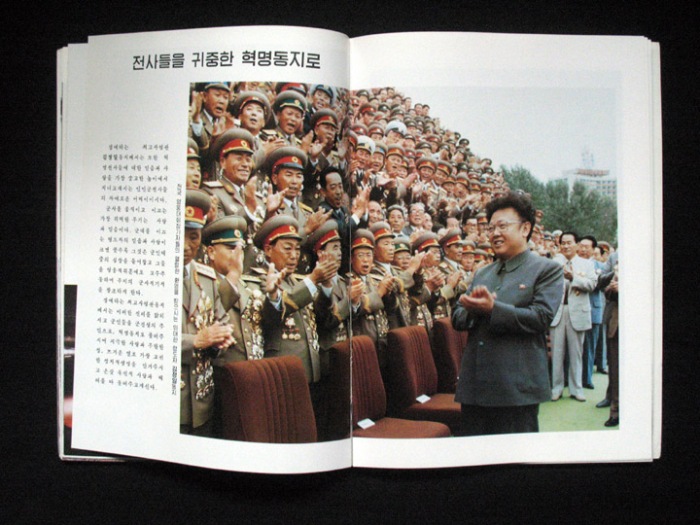 Kim junior is then shown on his own, taking the reins of power as photograph after photograph shows be-medalled generals listening to his every word. Crowds clap and cheer. The Dear Leader is central to all aspects of the armed forces, from planning strategy with his generals to inspecting the ties of soldiers. In a chilling juxtaposition, images of a beaming Kim Jong Il are paired with explosions and other demonstrations of military might designed to show that all power rests with him. The omnipotent leader sees and controls everything.
Kim junior is then shown on his own, taking the reins of power as photograph after photograph shows be-medalled generals listening to his every word. Crowds clap and cheer. The Dear Leader is central to all aspects of the armed forces, from planning strategy with his generals to inspecting the ties of soldiers. In a chilling juxtaposition, images of a beaming Kim Jong Il are paired with explosions and other demonstrations of military might designed to show that all power rests with him. The omnipotent leader sees and controls everything.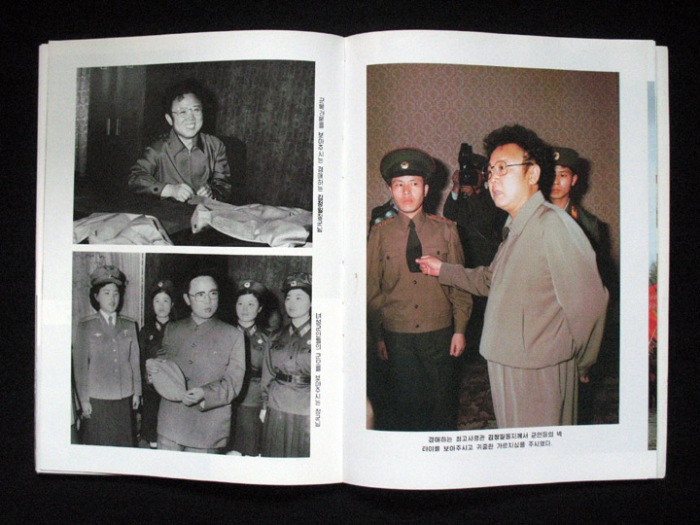 Then the narrative shifts to the lowly soldiers on the ground. As well as the usual images of military might – missiles, tanks, planes and ships at the ready, we see portraits of ferociously screaming soldiers. This is all the more poignant, as the regime deliberately inculcated the idea that ordinary soldiers would be prepared to engage in suicide attacks in fighting against the enemy.This had some veracity as many North Korean
Then the narrative shifts to the lowly soldiers on the ground. As well as the usual images of military might – missiles, tanks, planes and ships at the ready, we see portraits of ferociously screaming soldiers. This is all the more poignant, as the regime deliberately inculcated the idea that ordinary soldiers would be prepared to engage in suicide attacks in fighting against the enemy.This had some veracity as many North Korean 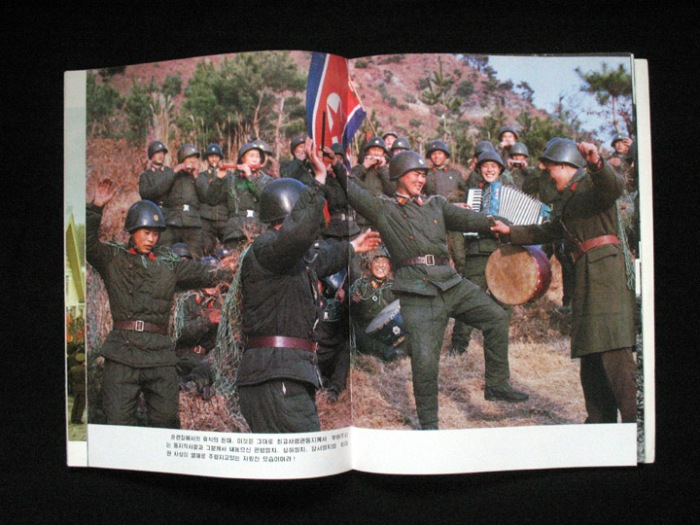 Other images show ordinary soldiers expressing their gratitude to the regime, and Kim Jong Il himself, for the happy life they are prepared to fight and die for. Here we see photographs of the showcase capital and the architectural achievements of the regime used to show that they truly care about the welfare of the ordinary people. Young and old are shown united in their complete loyalty to the Kim dynasty as they parade through the streets. Again, the message here is that the entire country is utterly loyal to the Dear Leader. Of the famine, poverty and brutality that pervaded North Korea at that time (and still does), we see nothing.
Other images show ordinary soldiers expressing their gratitude to the regime, and Kim Jong Il himself, for the happy life they are prepared to fight and die for. Here we see photographs of the showcase capital and the architectural achievements of the regime used to show that they truly care about the welfare of the ordinary people. Young and old are shown united in their complete loyalty to the Kim dynasty as they parade through the streets. Again, the message here is that the entire country is utterly loyal to the Dear Leader. Of the famine, poverty and brutality that pervaded North Korea at that time (and still does), we see nothing.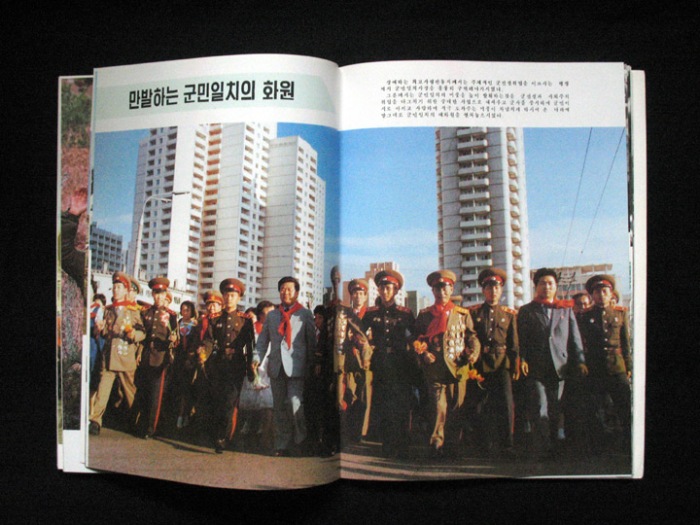 The central message of this book was to convince readers that North Korea’s enemies were facing an utterly fanatical foe who was prepared to stop at nothing in order to survive.
The central message of this book was to convince readers that North Korea’s enemies were facing an utterly fanatical foe who was prepared to stop at nothing in order to survive.


